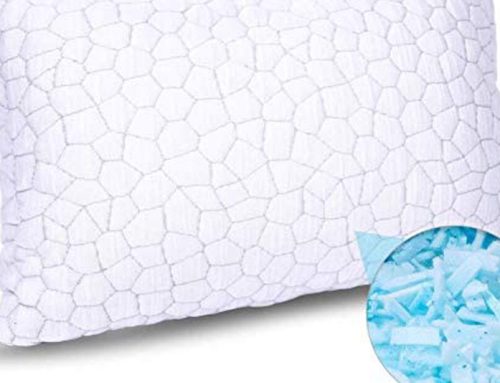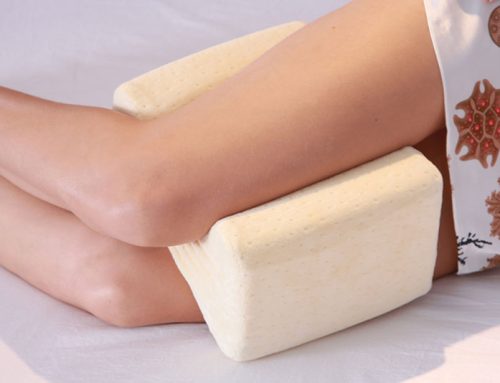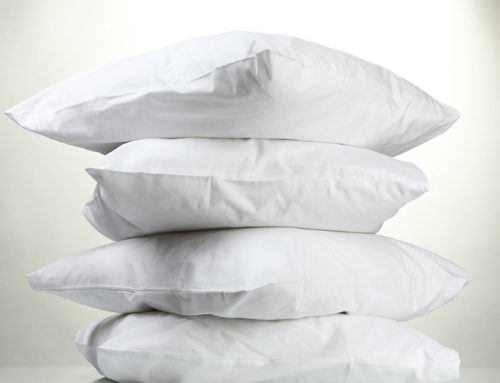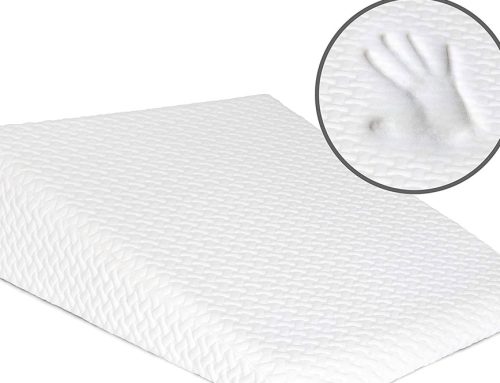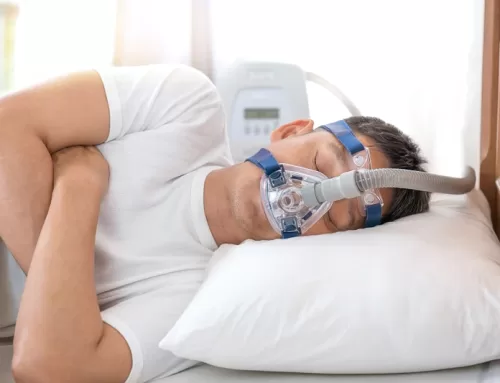Dental health is often linked with lifestyle choices, hygiene habits, and diet. However, the role of sleep, especially the type of pillow used, is a lesser-known but significant factor in oral well-being. Memory foam pillows, originally designed for optimal neck and back support, are becoming increasingly popular, not only for promoting restful sleep but also for potentially alleviating some dental issues. This article explores the connections between dental health, sleep quality, and the potential benefits of memory foam pillows.
The Connection Between Sleep and Dental Health
Poor sleep can impact health in numerous ways, including oral health. Teeth grinding (bruxism), dry mouth, and obstructive sleep apnea (OSA) are just a few dental-related issues linked to inadequate or disrupted sleep. While stress, lifestyle, and genetics often play significant roles in these problems, sleep posture and pillow choice can also influence their severity and frequency.
- Teeth Grinding (Bruxism): Bruxism, or teeth grinding, often happens during sleep and can lead to worn-down teeth, jaw pain, and even tooth loss if not treated. Stress, anxiety, and sleep posture are key contributors to this habit. Poor sleep positioning can strain the jaw, potentially worsening bruxism symptoms. Memory foam pillows can provide better support for the head and neck, aligning the jaw in a more relaxed position that may help reduce teeth grinding.
- Obstructive Sleep Apnea (OSA): Sleep apnea is a condition where breathing repeatedly stops and starts during sleep, reducing oxygen flow and often leading to snoring. OSA can lead to dry mouth, gum disease, and an increased risk of cavities. Proper head and neck alignment can help reduce the symptoms of mild sleep apnea. Memory foam pillows can assist in maintaining this alignment, potentially decreasing airway obstruction and reducing the risk of associated dental issues.
- Dry Mouth: Dry mouth, or xerostomia, occurs when saliva production decreases, creating an ideal environment for bacterial growth, leading to bad breath, tooth decay, and gum disease. When sleeping on a memory foam pillow, especially one designed for side sleepers, individuals may be less likely to breathe through their mouth, helping reduce dry mouth symptoms.
Memory Foam Pillows and Their Benefits
Memory foam pillows are made from a unique material that molds to the shape of the head and neck, providing personalized support. This material, known for relieving pressure, can help maintain optimal spinal alignment and reduce the strain on the jaw and facial muscles.
Key Benefits of Memory Foam Pillows:
- Enhanced Neck and Head Support: The shape and structure of memory foam pillows provide substantial support to the neck and head, ensuring alignment with the spine. This can alleviate unnecessary pressure on the jaw and surrounding muscles, which is particularly beneficial for those with temporomandibular joint (TMJ) issues.
- Reduction of Teeth Grinding: Memory foam’s ability to absorb motion and reduce tension can help individuals maintain a more relaxed jaw position. This benefit may decrease the frequency and severity of bruxism, ultimately improving oral health.
- Improvement in Sleep Quality: Better sleep quality can reduce stress, which is a known contributor to both sleep disorders and dental issues. By helping people reach a deeper, more restful state of sleep, memory foam pillows may indirectly improve dental health through overall reduced stress levels.
- Promotes Optimal Breathing: Specially contoured memory foam pillows can encourage back or side sleeping, which may open up airways. This support is especially beneficial for those who experience sleep apnea, as it may reduce mouth breathing and lessen the likelihood of developing dry mouth and other related dental issues.
Choosing the Right Memory Foam Pillow
Memory foam pillows come in various designs tailored to individual sleep styles and preferences. Here are a few tips to consider when selecting a memory foam pillow for potential dental health benefits:
- Consider Shape and Thickness: Pillows that are too thick or too thin may not support proper neck alignment, leading to strain. Look for contoured memory foam pillows that offer a comfortable cradle for the neck and head.
- Opt for Breathable Covers: A breathable cover can improve airflow, ensuring the pillow remains cool and comfortable throughout the night. This can reduce the need to sleep with an open mouth, which contributes to dry mouth.
- Evaluate for Durability and Quality: A high-quality memory foam pillow can last years without losing shape or support, making it a worthwhile investment for those with chronic dental issues.
Tips for Maintaining Both Dental Health and Sleep Quality
Using a memory foam pillow is only one aspect of a holistic approach to dental health and sleep improvement. Here are some additional tips to maximize benefits:
- Practice Good Oral Hygiene: Brushing and flossing before bed removes bacteria that can flourish overnight, especially in cases of dry mouth.
- Stay Hydrated: Drink water throughout the day to promote saliva production, reducing the risk of dry mouth and other oral health issues.
- Use a Mouth Guard if Recommended: If bruxism is a persistent issue, a dentist may recommend a night guard. Combined with a supportive memory foam pillow, a night guard can significantly reduce the impact of teeth grinding.
- Create a Relaxing Sleep Environment: Reducing stress before bedtime through techniques such as meditation or reading can help relax the jaw and alleviate bruxism.
Conclusion
The type of pillow used during sleep can influence more than just neck comfort; it can play a role in dental health, too. Memory foam pillows, designed to support spinal alignment and reduce pressure, may help reduce symptoms of bruxism, dry mouth, and sleep apnea. For those looking to improve dental health alongside sleep quality, investing in a high-quality memory foam pillow could be a small but effective step toward better overall well-being.





